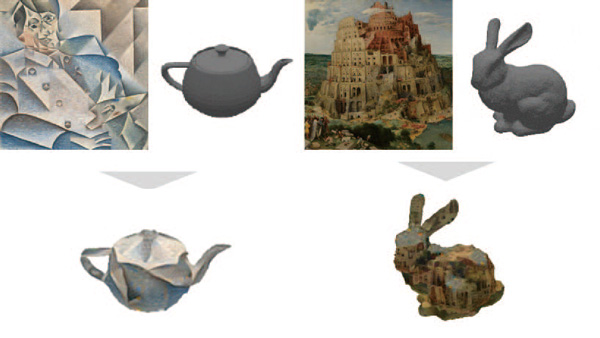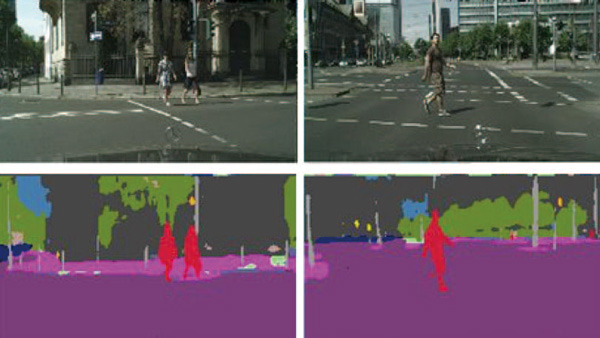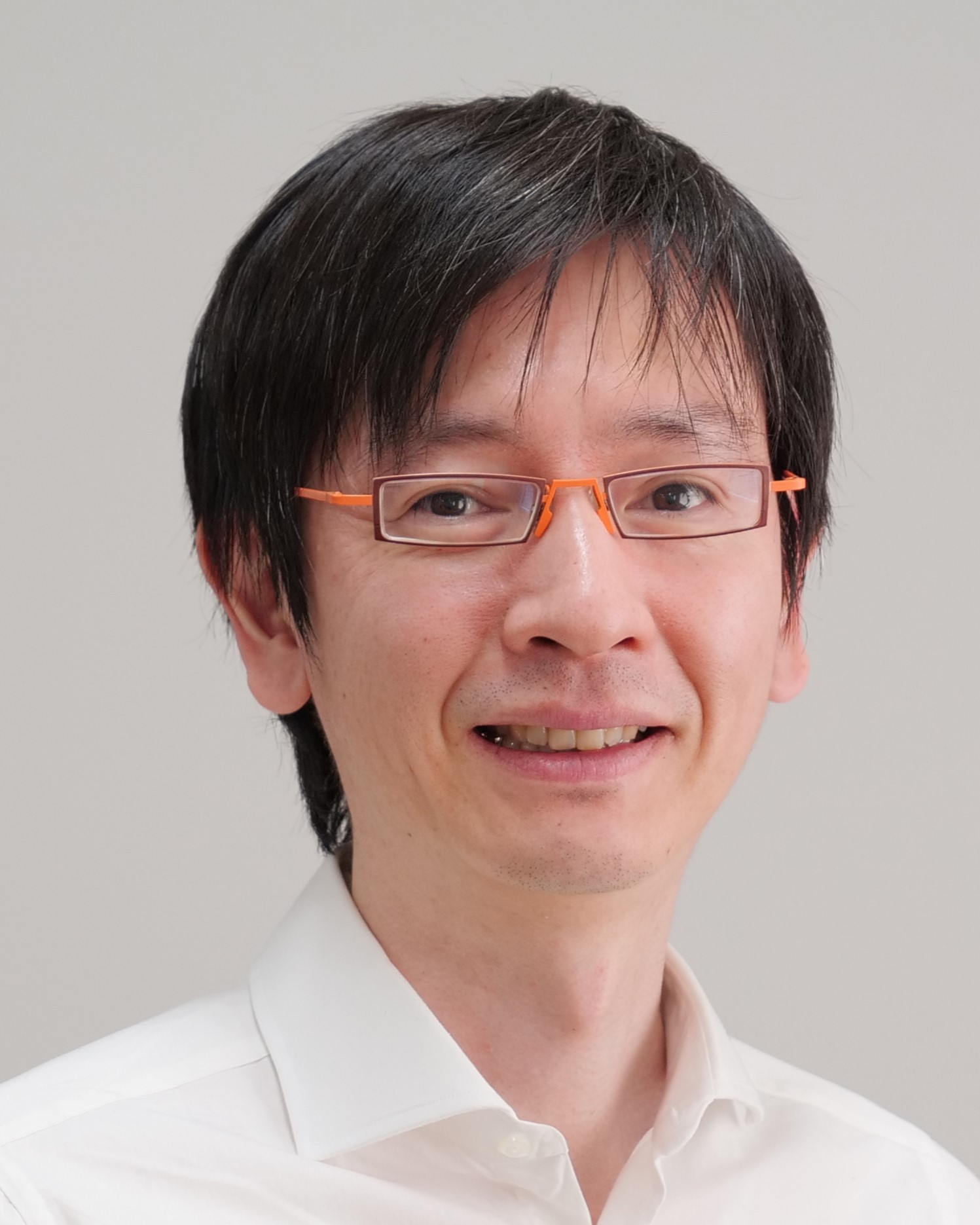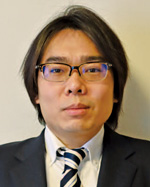- HOME
- Research
- Research Category
- Machine Intelligence Harada Laboratory
Machine Intelligence
Harada Laboratory
Advanced Intelligent System for Recognition in Real-world, Contents Generation and Knowledge Discovery
Our goal is to invent advanced intelligent systems for real-world recognition, contents generation and knowledge discovery by combining useful but infinite information in the physical space with a massive amount of data and powerful computational resources in cyberspace. To tackle this challenging problem, we utilize all resources in the area of computer science, including the mathematical basis and robotics.
1. Mathematical Basis
Information theory, machine learning, deep learning, data mining, pattern recognition, stochastic/statistical theory, time series analysis, causality analysis, learning theory, feature extraction
2. Recognition, Understanding, and Thinking
Big data, computer vision, image recognition and retrieval, 3D vision, behavior recognition, multimodal recognition, emotion understanding, natural language processing, speech and music information processing, medical information processing
3. Contents Generation
Sentence generation and summarization of image and video, image generation from sentences, dialog system, automatic article generation system
4. Intelligent Robot
Reinforcement learning, trajectory optimization, motion planning, task planning, imitation learning, meta learning, continuous learning, Sim to Real, fast inference, SLAM, 3D reconstruction, edge computing, human machine interaction

Integration of computer vision, computer graphics, and machine learning

Automatic realistic image generation of unseen object

Recognition system via knowledge transfer
Recently, I’ ve been obsessed with how to brew drip coffee deliciously. The type of beans, the roasting method, the grind size, the water temperature, the blooming time, the dripping time, and the way you pour the water all affect the taste of the coffee, making it quite a deep and complex endeavor.
As a specialist, you might say, 'Why not use cutting-edge machine learning techniques to create a model for brewing delicious coffee?' However, quantifying personal taste is difficult, and the number of trials is limited (essentially, there’ s only so much coffee one can drink in a day), so even if
it’ s possible, it would take quite some time.
Overcoming such a challenging optimization problem and brewing a delicious cup of coffee boosts my research motivation immensely.
Member

-
- Professor
Tatsuya HARADA
Research Area : Visual Recognition, Machine Learning, Intelligent Robot - Professor

-
- Lecturer
Yusuke MUKUTA
Research Area : Visual Recognition, Machine Learning, Feature Extraction - Lecturer
Laboratory Homepage
Tags

